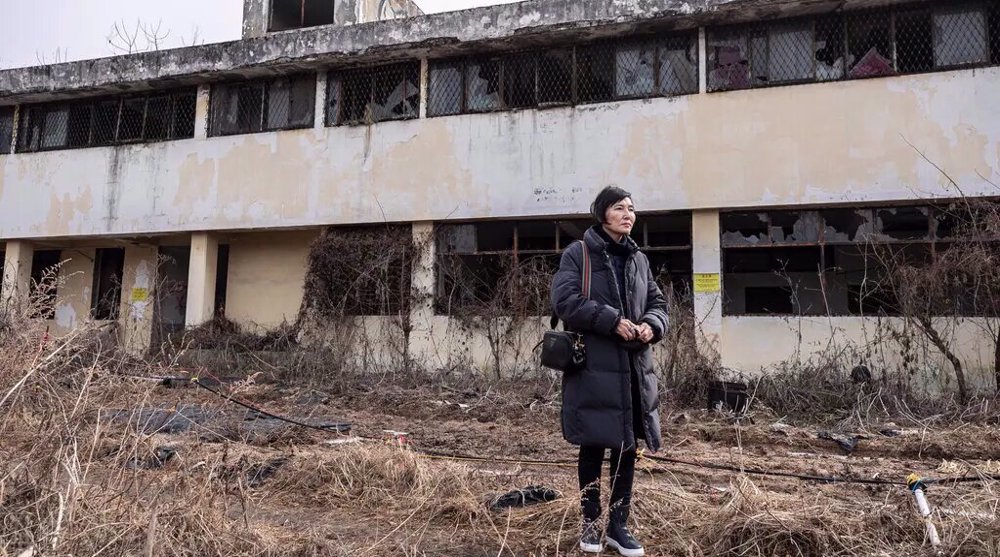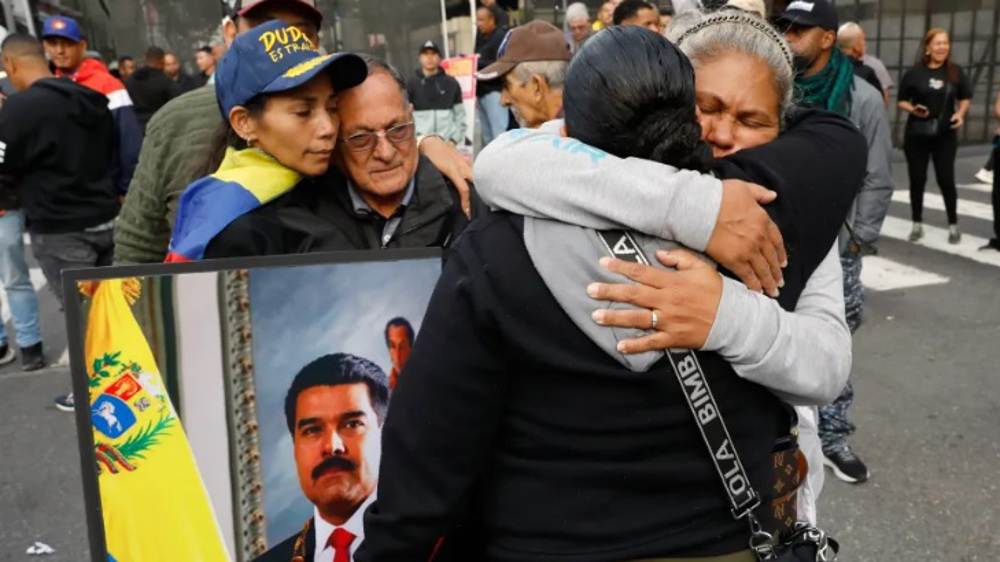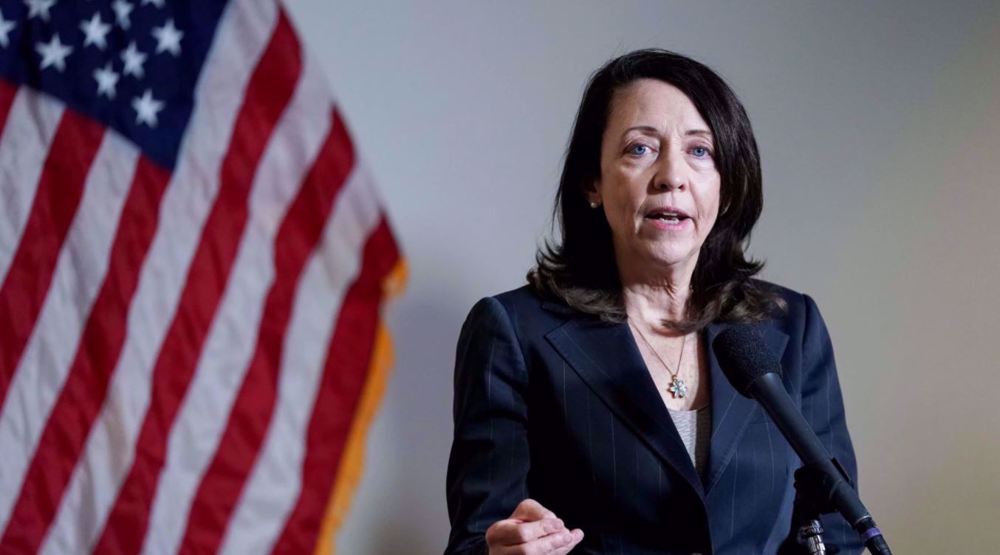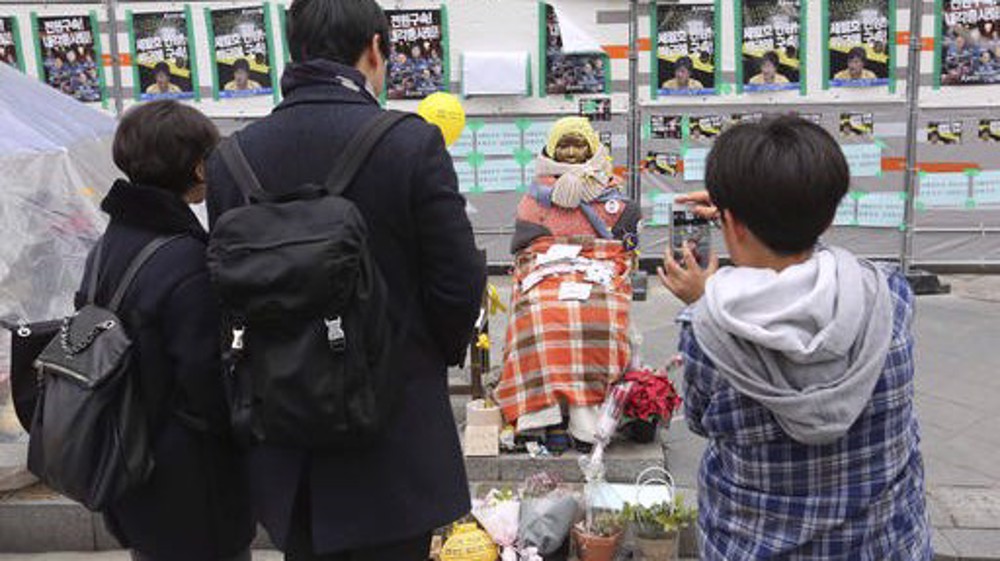S Korean 'comfort women' mull legal action over sexual abuse by US soldiers
Dozens of South Korean sex slaves, known as 'comfort women', say they will take their case to US courts for being raped and beaten by American soldiers stationed in the country in a mutually agreed arrangement by the two countries' military officials to work as sex slaves.
The plan to take their complaint to US courts came after the victims won a landmark legal victory in South Korea for the sexual trauma they had endured at the hands of the massive number of American troops based in the country, the US-based New York Times daily reported this week.
The South Korean government facilitated the sexual servitude of hundreds of Korean women, who were forced or lured into the brutal sex trade, by detaining them into special camp towns near US military bases long after the World War II, when Japanese soldiers used to sexually abuse Korean girls as what they referred to as "comfort women."
"But the sexual exploitation of another group of women continued in South Korea long after Japan’s colonial rule ended in 1945 — and it was facilitated by their own government," according to the daily. In the postwar years, many of these women worked in gijichon, or “camp towns,” built around US military bases.
Last September, the South Korean Supreme Court awarded 100 women a landmark judgment that found the government guilty of “justifying and encouraging” prostitution in camp towns to help the peninsular country its military alliance with the US and earn American dollars.
It also blamed the government for the “systematic and violent” way it detained the women and forced them to receive treatment for sexually transmitted diseases.The court also ordered compensation for the sexual trauma they endured during slavery.
Encouraged by the ruling, the report added, "the victims and their relatives now aim to take their case to the US, though their legal strategy there is unclear, as is what recourse they may find."
“The Americans need to know what some of their soldiers did to us,” said Park Geun-ae, who was sold to a pimp in 1975, when she was 16, and said she endured severe beatings and other abuse from soldiers “Our country held hands with the US in an alliance and we knew that its soldiers were here to help us, but that didn’t mean that they could do whatever they wanted to us, did it?”
According to a report by the advocacy group Saewoomtuh, American soldiers were found guilty of killing 11 sex workers in South Korea between 1960 and 2004.
Over 28,500 American troops are currently based in South Korea as a legacy of the 1950-1953 Korean War.
According to the report, prostitution was and remains illegal in South Korea, but enforcement has been selective and varied in harshness over time. Camp towns were created in part to confine the women so they could be more easily monitored, and to prevent prostitution and sex crimes involving US soldiers from spreading to the rest of society. Black markets thrived there as South Koreans clamored for goods smuggled out of US military post-exchange operations, as well as foreign currency.
Citing unsealed documents and former comfort women, the report further explained that under rules worked out by the US military and South Korean officials, women in the camp towns had to carry registration and VD test cards and to wear numbered badges or name tags.
Some victims were kidnapped as teenagers and forced into the brutal sexual slavery. The women who spoke to The Times recalled being kept in facilities with barred windows and heavily dosed with penicillin in an effort to prevent the spread of sexually transmitted diseases. They also said that they saw colleagues collapse and die of penicillin shock.
In 1973, when US military and South Korean officials met to discuss issues in camp towns, a US Army officer said that the Army policy on prostitution was “total suppression,” but “this is not being done in Korea,” according to declassified US military documents.
Instead, the US military focused on protecting troops from contracting venereal disease.
The women described how they were gathered for monthly classes where South Korean officials praised them as “dollar-earning patriots” while US officers urged them to avoid sexually transmitted diseases. The women had to be tested twice a week; those testing positive were detained for medical treatment.
This report serves as further evidence of how brutally women have been treated and sexually abused throughout the American military establishments as well as its corporate world that led to the so-called "me too" movement in recent years by multitudes of women who had been forced to offer sexual favors to corporate executives and other senior officers in order to secure employment opportunities.
VIDEO | Tehran sky illuminates over
Maduro’s abduction: China says US cannot act as world’s ‘police’ or ‘judge’
VIDEO | Australians protest over US action in Venezuela
Cuba declares national mourning for 32 citizens killed in US raids on Venezuela
Iran: US must release kidnapped Venezuelan president
After US aggression against Venezuela, Mexico could be next: Report
Qalibaf: Protesters must be heard but foreign-linked agitators will be dealt with
VIDEO | German government refuses to condemn US aggression against Venezuela














 This makes it easy to access the Press TV website
This makes it easy to access the Press TV website